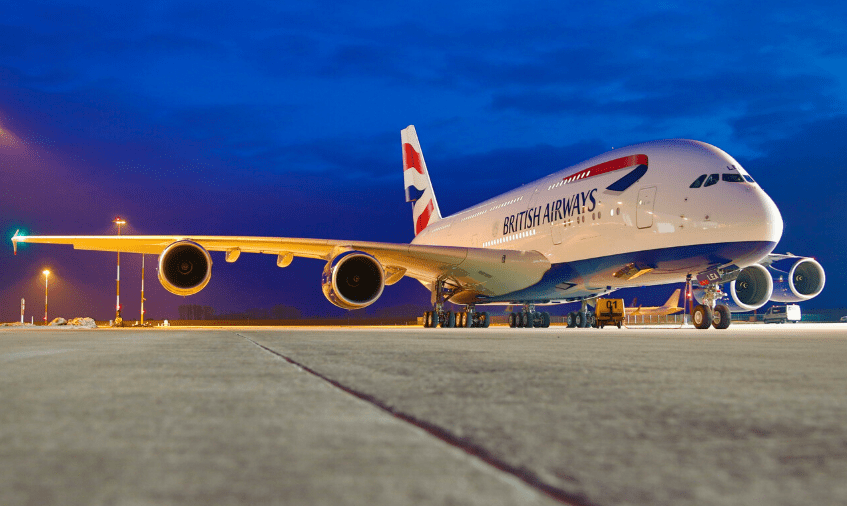A British Airways flight attendant with nearly four decades of service has won a discrimination case after being sacked when stress and anxiety left her unable to fly.
Jennifer Clifford, who joined the airline in 1983 and worked her way up to an in-flight manager, suffered from stress and depression in late 2021.
This marked her first sick leave in almost 40 years. She was eventually dismissed when she failed to return to her flying duties by the end of 2022.
“Just a little bit of anxiety”, that’s how one of her managers reportedly brushed off her condition.
A tribunal has now ruled in Clifford’s favour, stating that British Airways failed to explore appropriate ground-based roles before deciding to let her go.
A loyal staff member for 39 years was dismissed after being overwhelmed by a noisy work environment and a lengthy commute. A tribunal says the airline got it wrong.
After her illness, Clifford was temporarily assigned a ground role at the Heathrow Help Hub. Although she was initially placed on a phased return of two days a week, increasing this to three proved too much.
She told the airline that the commute from her home to Heathrow, coupled with the fast-paced, loud environment, significantly impacted her mental well-being.
She had asked to work at Gatwick, which was closer to home, and was offered to continue in a less demanding role. But her concerns weren’t taken seriously, the tribunal heard.
Her line manager, Nigel Landy, repeatedly asked why she felt overwhelmed, allegedly downplaying her struggles.
“If you don’t like working here, then leave,” Mr Landy reportedly told staff.
By the end of 2022, Clifford remained unable to resume flying, and British Airways decided to terminate her contract. Her formal end date was set for March 2023, but she departed in December 2022.
Employment Judge Emma Hawksworth found in favour of Ms Clifford’s discrimination claim, noting that the airline should have better accommodated her condition.
“The claimant needed a phased return in a ground duties placement before returning to her full contractual flying role. She had problems working at the help hub because of the busy environment, arising from her anxiety and depression, causing her to feel overwhelmed.
She struggled with the long commute because that increased feelings of stress and anxiety arising in consequence of her disability,” the judge said.
The tribunal highlighted her “very long service” and said a fair employer would have granted a longer and more suitable phased return.
It added that BA should have “considered redeployment to a ground-based role before deciding to dismiss her,” especially as per its own internal policies.
Clifford had already faced setbacks during the pandemic. Placed on furlough in April 2020, she was initially told she’d be made redundant later that year. Instead, she was reoffered a cabin crew role—two ranks below her previous position—prompting her to raise a grievance.
Her subsequent sick leave began in September 2021, and despite her efforts to rejoin in a ground capacity, the airline eventually deemed her unfit for duty.
Although her claim of sex discrimination was dismissed, the tribunal’s decision on the disability discrimination complaint is a significant blow to British Airways.
This case serves as a cautionary tale for companies navigating employee health and well-being, particularly when dealing with long-serving staff facing mental health challenges.
Employers are expected to consider flexible arrangements and alternative roles before rushing to dismiss, especially when the employee’s condition qualifies as a disability. British Airways has not publicly commented on the ruling.






